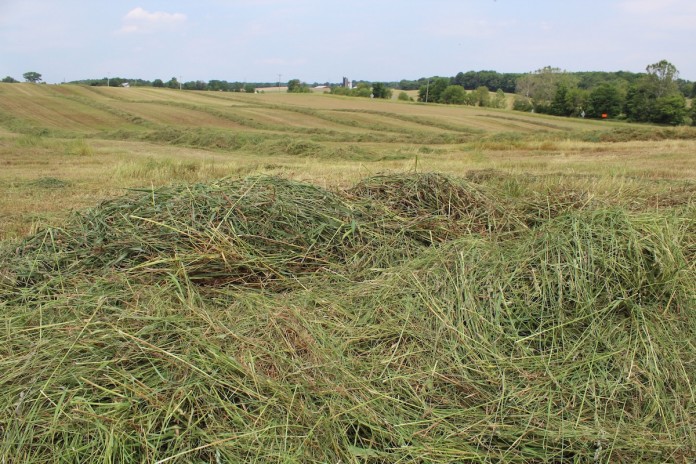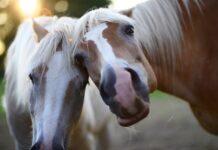January is often a month of resolutions. The turn of the New Year inspires many to take back control of some aspect in their life and improve on it.
Realigning our focus is a good thing. Reevaluating our execution is as well. Have you done that lately when it comes to how you manage your forages?
Equation for success
You may be familiar with the equation: E+R=O. The initial credit for this equation goes to Dr. Robert Resnick, but about five years ago, Ohio State Head Football Coach Urban Meyer drew attention to it for his players with the equation printed on rubber wristbands.
The rest of the University ran with it as well, distributing wristbands to staff and students. The “E” stands for “event”. The “R” stands for “response”. The “O” stands for “outcome”.
The general idea with this equation is that you cannot control the events that come your way, but you can control your response to create a positive outcome. The response you put forth is completely your responsibility.
This equation can practically be applied to any situation. In the context of this article, the situations faced while managing forages.
Now, there is a distinct difference in being proactive and being reactive. Being proactive means you anticipate future problems, needs, and changes so that you can be prepared when something influential occurs.
Being reactive means you take action after a triggering situation. In order to maintain control of your forage system in an uncontrollable world, you need to be good at being both proactive and reactive.
Unpredictable
Pasture management is reliant on and also most complicated by the same uncontrollable factor, the weather. Despite our advances in meteorology, it is impossible to know exactly what will happen or when.
Floods, droughts, cold spells, hot spells, tornadoes, earthquakes, ice storms, blizzards, and more can pop up unexpectedly and disrupt management plans.
Inevitably, forage production is dependent on the weather and forage managers are dependent on forage production.
Your livestock and/or customers are dependent on your decisions managing that forage production in order to nourish their bodies and keep the cycle intact.
So who is controlling who? Are you controlling the forage or is it controlling you? In other words, are you managing in a manner that leans more towards proactive or reactive?
Be proactive
Some examples of ways you can be a proactive forage manager include the following.
– Making a grazing plan. This is the ideal plan. If everything in the system was just right, you would get the outcome you are looking for.
– Map it out. Map where your water sources are, your fence, your gates, your hay storage, your livestock handling facilities, your equipment, and your paddocks.
– Make contingency plans. Identify the chain of events that would transpire if a component of that plan failed. Think about the “what ifs” and identify limitations of the system.
– Find ways to compensate for the limitations of the system. For example, if your most productive pasture is in a low lying area, plan a route to move animals to higher ground in the case of a flood and store supplemental hay on the high ground.
Another example, If drought ensues and your forage goes dormant, have a paddock of drought-tolerant forage available or be prepared to feed supplemental hay or grain.
– Essentially, expect the unexpected. Those contingency plans are what help you in reactive situations. When an unexpected event transpires, you can more easily develop solutions to problems. You can maintain control of your forage system, rather than it controlling you.
Make it good
Consider adopting the E+R=O equation as your New Year’s Resolution. To conclude, do not wait around to see if 2018 will be a good year, make it a good year.
After all, you control the outcome. Stay warm, stay safe, and stay positive this winter!
For more information about creating grazing and contingency plans that fit your system, contact your local Extension Educator and Soil & Water Conservation District.













